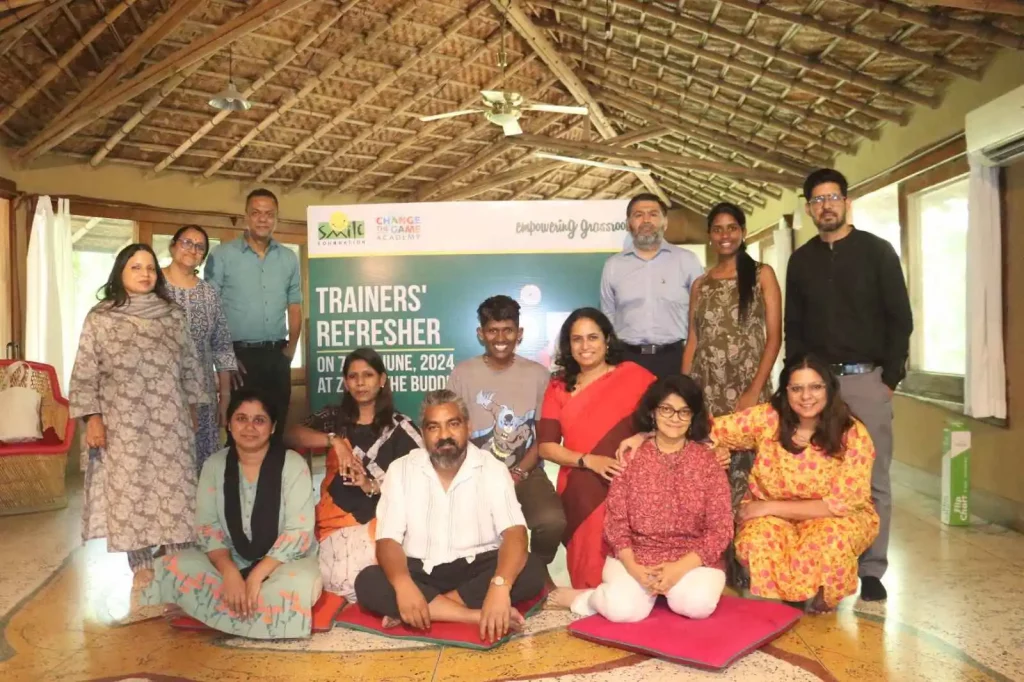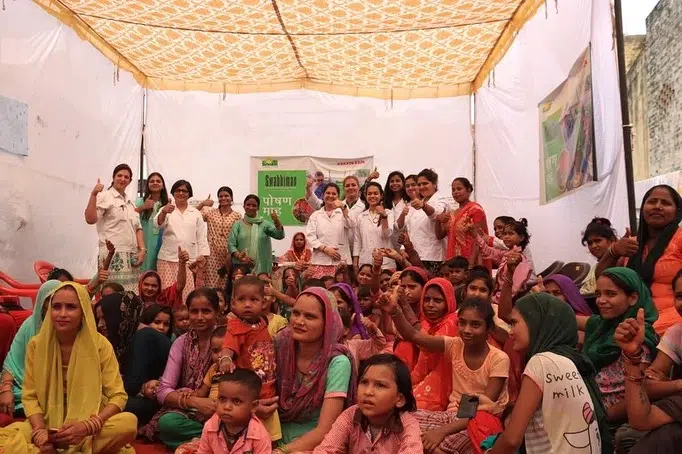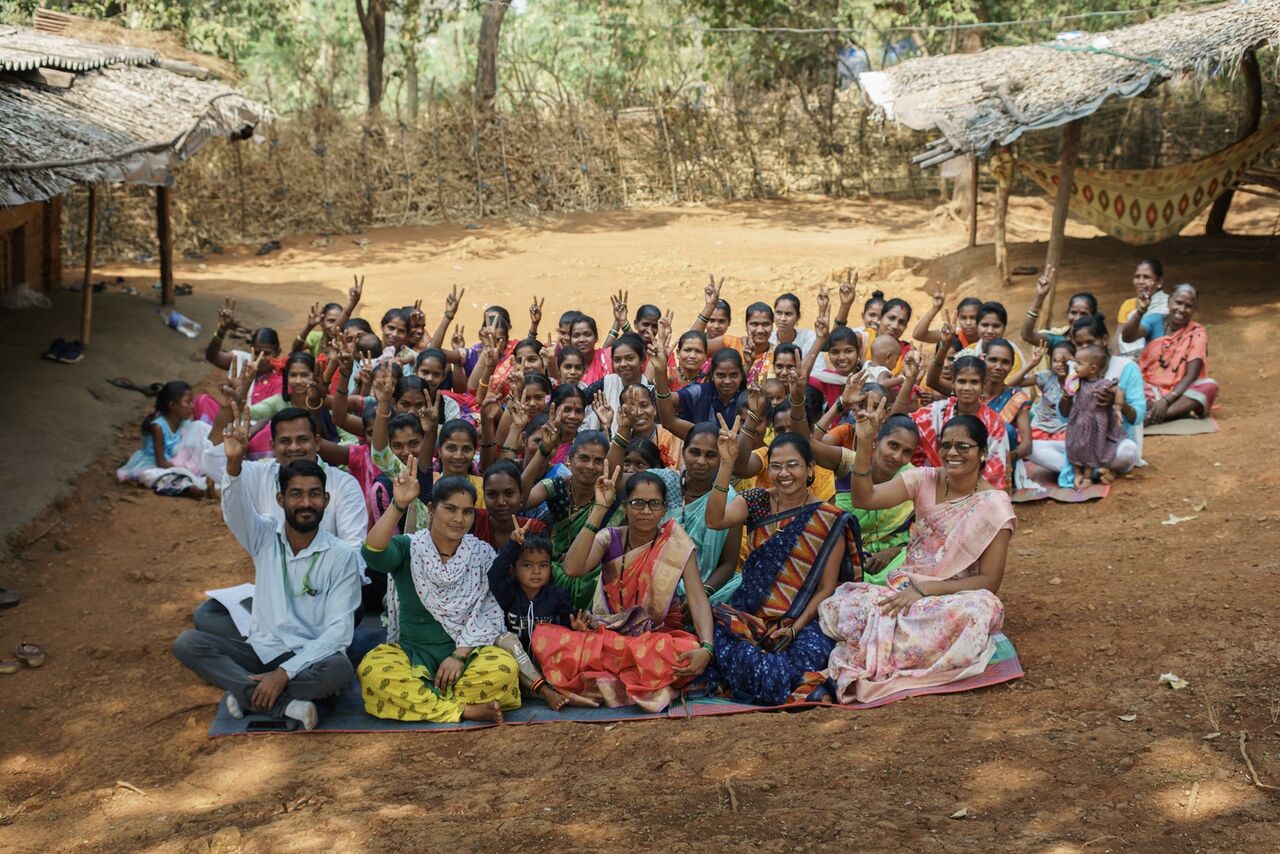Grants are the lifeblood of many nonprofits, providing essential funds that allow organisations like ours to fulfill our missions, expand reach and make a significant impact. These funds come from various entities, including foundations, government agencies and corporations, and they support specific projects, programs or general operations of development organisations. Unlike loans, grants do not need to be repaid, making them an attractive and critical source of funding.
Grants come in several types, each serving different purposes. Program grants are targeted for specific initiatives directly related to the nonprofit’s mission, while operating grants, also known as unrestricted grants, offer general support for overall operations, covering administrative costs, salaries and overhead. Capital grants are used for major expenses such as building renovations or purchasing equipment. Challenge grants and matching grants encourage additional fundraising by requiring nonprofits to match the grant amount through other donations. Each type of grant addresses different needs within an organisation, providing the flexibility and support necessary for sustained operations and growth.
How do grants help NGOs?
The importance of grants in the nonprofit sector cannot be overstated. Firstly, grants provide significant financial stability, allowing nonprofits to plan and execute projects without the constant pressure of fundraising. This stability enables them to focus on their core mission and long-term goals.
Additionally, receiving grants from reputable funders enhances a nonprofit’s credibility and reputation, signaling to other potential donors and stakeholders that the organisation is trustworthy and capable. This trust can lead to further support, creating a virtuous cycle of funding and impact.
Grants also drive innovation and growth by providing the resources needed to experiment with new approaches within the nonprofit’s field. This funding can catalyse growth, allowing the organisation to expand its services and reach more beneficiaries. Capacity building grants are particularly important as they strengthen the nonprofit’s infrastructure by investing in staff training, upgrading technology and improving operational processes. This ultimately leads to a more efficient and effective organisation, better equipped to meet its objectives.
The competition for grants is intense
Finding and securing grants requires strategy and effort. Nonprofits research potential grantmakers such as foundations, government agencies and corporations using resources like Foundation Directory Online, Grants.gov and local community foundation databases. Building relationships with grant officers and funders is crucial as networking can provide insights into funding priorities and improve the chances of a successful application. It is also important to carefully read and follow the application guidelines, providing all required documentation and crafting a compelling narrative that aligns with the funder’s goals.
While grants offer numerous benefits, there are challenges to keep in mind. The grant application process is highly competitive, with many nonprofits vying for the same funds. Some grants come with specific restrictions on how to use funds, limiting flexibility but increasing specificity for the intended use of grants.
Furthermore, grants often require detailed reporting and accountability measures, which can be time-consuming and require meticulous record-keeping. Relying heavily on grants can be risky if the funding is not renewed, making it important for nonprofits to diversify their income streams.
The flow of grants for NGOs from national to grassroots organisations
Comparatively larger nonprofits with a national presence like Smile Foundation receiving substantial grants can play an important role in supporting grassroots organisations by distributing sub-grants. This approach ensures that funds reach smaller organisations working directly with communities, maximising impact at the local level.
By partnering with grassroots organisations, larger nonprofits can leverage their resources and expertise to support localised initiatives, creating a more significant overall impact. This model not only extends the reach of grant funding but also builds a network of collaborative efforts aimed at addressing complex social issues.
Here are five famous grants for NGOs of India
- Change the Game Academy (CtGA) – a global alliance to Smile Foundation (one of its co-creators): The CtGA for mentoring and strengthening grassroots initiatives and increase their fundraising and sustainability capacities grants funds to Smile Foundation. 75 per cent of these organisations have expanded their donor base after this much-needed intervention.
- Bill & Melinda Gates Foundation Grant to PATH: The Gates Foundation awarded a significant grant to PATH, an international nonprofit that has a strong presence in India. This grant focuses on advancing health innovations, particularly in areas such as malaria, pneumonia, and diarrheal disease. PATH uses these funds to implement solutions that improve healthcare delivery and outcomes in low-resource settings across India.
- Google.org Grant to Pratham Education Foundation: Google.org, the charitable arm of Google, provided a substantial grant to Pratham, one of India’s largest NGOs dedicated to improving education quality. This grant supports Pratham’s “Hybrid Learning Program,” which combines digital and in-person learning to enhance educational outcomes for children in underdserved communities.
- Tata Trusts Grant to The Akshaya Patra Foundation: Tata Trusts, one of India’s oldest philanthropic organizations, has granted funds to The Akshaya Patra Foundation, which runs the world’s largest mid-day meal program. This funding helps Akshaya Patra scale its operations to provide nutritious meals to more children across the country, addressing hunger and promoting education simultaneously.
- Ford Foundation Grant to Breakthrough India: The Ford Foundation has awarded grants to Breakthrough India, an NGO working to prevent violence against women and girls. The funding is creates awareness, educate communities and develop programs that promote gender equality and women’s rights.
Grants for a stronger impact
By understanding the different types of grants, developing strong proposals and building relationships with funders, nonprofits can effectively leverage grant funding to achieve their goals. Despite the challenges, the benefits of securing grants extend beyond financial support, offering opportunities for credibility, networking, innovation and long-term sustainability.
In a world where the demand for nonprofit services continues to grow, grants remain a cornerstone of organisational success and community development. These grants are instrumental in enabling NGOs to scale their operations, innovate solutions and have a broader impact on the communities they serve.
For queries related to forging grant partnerships with Smile Foundation, interested funders can contact at [email protected].









